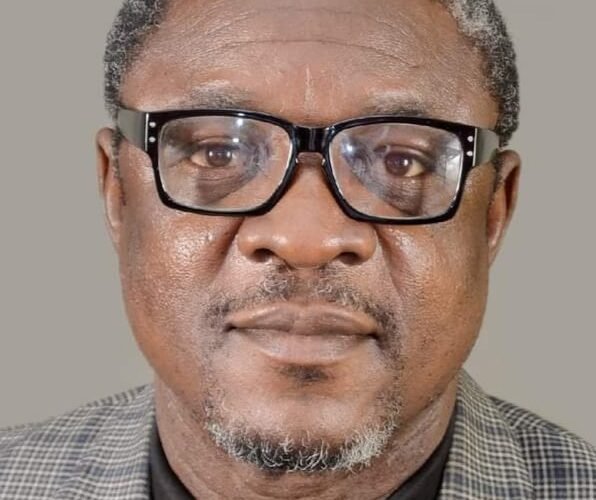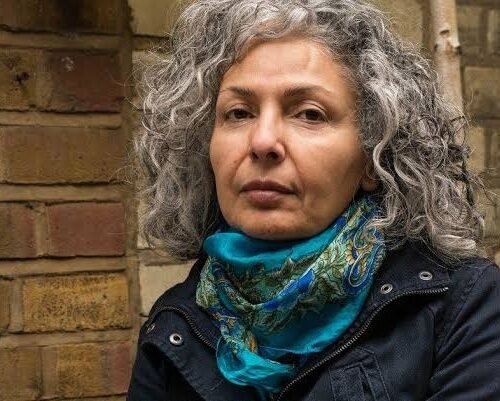By SHEDDY OZOENE
It is not always that any arm of the nation’s security apparatus gets praised in the pages of newspapers. It is compelling to do so today, and the Enugu State office of the Directorate of State Security (DSS) gets the prize for the manifest results of its contributions in managing insecurity in the state. It may be too early in the day to say that the threat of insecurity in the state has fully been arrested, but much progress has been made in recent months, especially in the key flashpoints of Nimbo and Eha Amufu.
The DSS may operate in the secret corners of the dark, but the outcome has been obvious in Enugu. Those in the know – within government and among security stakeholders – say the fight against insecurity in the State has progressed substantially on the wings of superior intelligence and pre-emptive actions.
Of course, they are not alone as security involves teamwork, and the State administration of Governor Mba must have harnessed resources from all the agencies involved: the Police, the Army, and even the local vigilantes in bringing about the changing narrative the state has witnessed recently.
In recent years, several communities in Enugu State have lived with insecurity, mainly brought about by herders who seek to displace indigenous farmers and turn their farmlands into grazing fields. The clashes have led to hundreds of deaths, mainly of the innocent villagers who are unable to face the superior firepower and sheer number of their attackers. Nimbo community in Uzo-Uwani Local Government Area and Eha Amufu in Isi-Uzo Local Government Area stand out because of the consistent attacks, a high number of casualties, and the level of material destruction. The narrative is changing but a peek into the past will give us a background.
Nimbo has been
terrorised by herdsmen for decades, with dozens of innocent men, women and children gruesomely murdered, but two of such attacks stand out. The first was the carnage of April 2016, when suspected herdsmen attacked the hapless villagers at night, killed many and set nearly a hundred houses ablaze. Again in April 2024, the sordid events repeated themselves, leaving the people in sorrow, tears, and blood. Not only were several members of the community killed as they gathered to mourn victims of an earlier attack, but most of the inhabitants of the village were forced to desert their traditional homesteads and run for their lives.
The epicentre has since shifted to the farming community of Eha Amufu in Isi-Uzo Local Government Area, where the vast farmlands have been targeted by herdsmen who crave them, instead, for their cattle. For the past few years, reports abound of fatal clashes between herders and the indigenes, resulting in killings and torching of their homes, so much that the indigenes have mastered the unenviable art, or act, of sleeping with only one eye closed.
The killings and displacement in those far-flung communities on two ends of the state’s borderline may have been inherited by the Peter Mbah administration, but its response has been swift and decisive. Intelligence reports have been followed up with massive deployment of security personnel, plus other interventions that have gone a long way in pre-empting bloody attacks and restoring peace within the communities. To a large extent, promises of infrastructural development have also been kept, a marked difference from what obtained in the recent past.
In 2016, Governor Ifeanyi Ugwuanyi, barely a year in office, had visited the traumatised Nimbo community where he came face to face with the wounded and the bereaved and saw the wreckage of the burnt homes, some with the fires still smouldering. The village was empty, save for the few frightened villagers who sneaked in from nearby villages to receive him. He was so overtaken by emotion that he bowed his head and shed a few tears. Beyond shedding those gubernatorial tears, right in front of the traumatised women, not much came from his long list of promises of improved infrastructure in the community and pre-emptive actions that should deter such dastardly acts in future. Even the Commission of Enquiry set up with so much optimism ended up as mere window dressing.
In addition to actions that have considerably improved security in Nimbo, Eha Amufu and elsewhere in the state, the administration of Governor Peter Mbah has intensified efforts towards infrastructural development and confidence-building. In Eha Amufu which has been in the news more recently, the 21.7km Agape-Agu-Mgbuji-Ogbete Road, which leads into some of the farm settlements, is also being extended into Aguamede. There are also eleven ongoing farm estates across the Local Government Area, to benefit smallholder farmers with access to inputs, extension workers and machinery.
The visit to the Ogbete, Eha-Amufu Joint Task Force (JTF) Security Camp last week by the Governor’s security team, led by his Senior Special Assistant on Security, Vincent Onyeabor, is one of such confidence-building efforts. That the team which included officers of the Nigeria Air Force, landed with three helicopters, is symbolic in many ways. Apart from the sheer spectacle of the helicopters, it was meant to dispel the notion widely held in the area that helicopters usually sighted around the area were supplying arms to criminals in the forests.
Coming in the wake of reported killings in Akpakpara-Aguamede three weeks earlier, the visit was a masterstroke. The Vanguard newspaper report of Tuesday, June 17, at page 7, had suggested that the ‘killer herdsmen’ that carried out the Akpakpara-Aguamede attack “were probably dropped by a helicopter that reportedly flew around the community earlier in the day”.
Some of the misgivings in the area have been sustained by such rumours and wrong presumptions that sometimes imply that the government may be complicit. Thanks to the visit of the State security team, the villagers now know that the helicopters and their pilots are not enemies but friends from the International Helicopter Flying School on routine training flights. While it doesn’t answer the broader questions about those frequent attacks on the locals, at least it corrects a deep-seated wrong notion about the helicopter flights.
The state government and security agencies have done well in managing the crises so far and restoring relative peace in Nimbo and Eha Amufu. Governor Mbah has also followed up with many infrastructural developments, like roads and farm settlements that have helped open the two areas and to further reassure the people. What has been missing in Isi Uzo especially, is a responsive local government authority that can rise to the challenge of complementing those efforts within the communities. Chairman of the local government area, Mr. Obiora Obeagu, has not impressed in this regard. Mocked as an ‘absentee Chairman’, he has done little to engage the locals, build confidence and help manage the usually negative information that filters out of the area at critical times. This disconnect has not been helpful, and it has resulted in the pervasive rumours and misinformation that have, over time, fueled the crises around Eha Amufu.
He needs to settle down and play his part in sustaining the state government’s peace efforts in the area.
Sheddy Ozoene is Editor-In-Chief of People&Politics, Nigeria’s leading online newspaper on people, politics and policy.



















